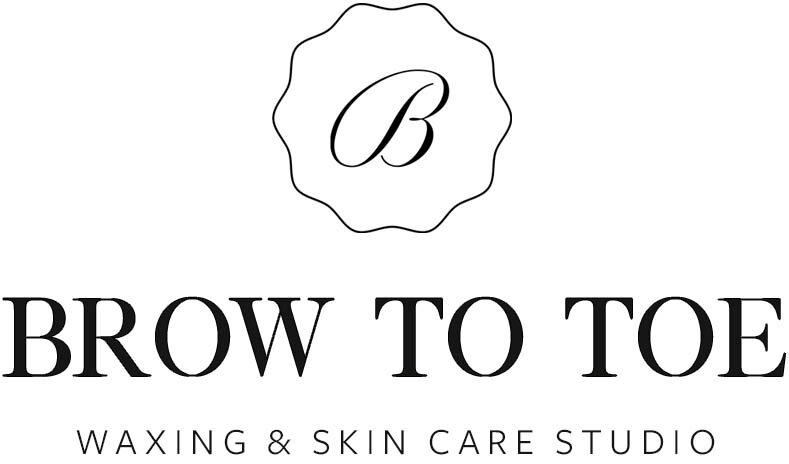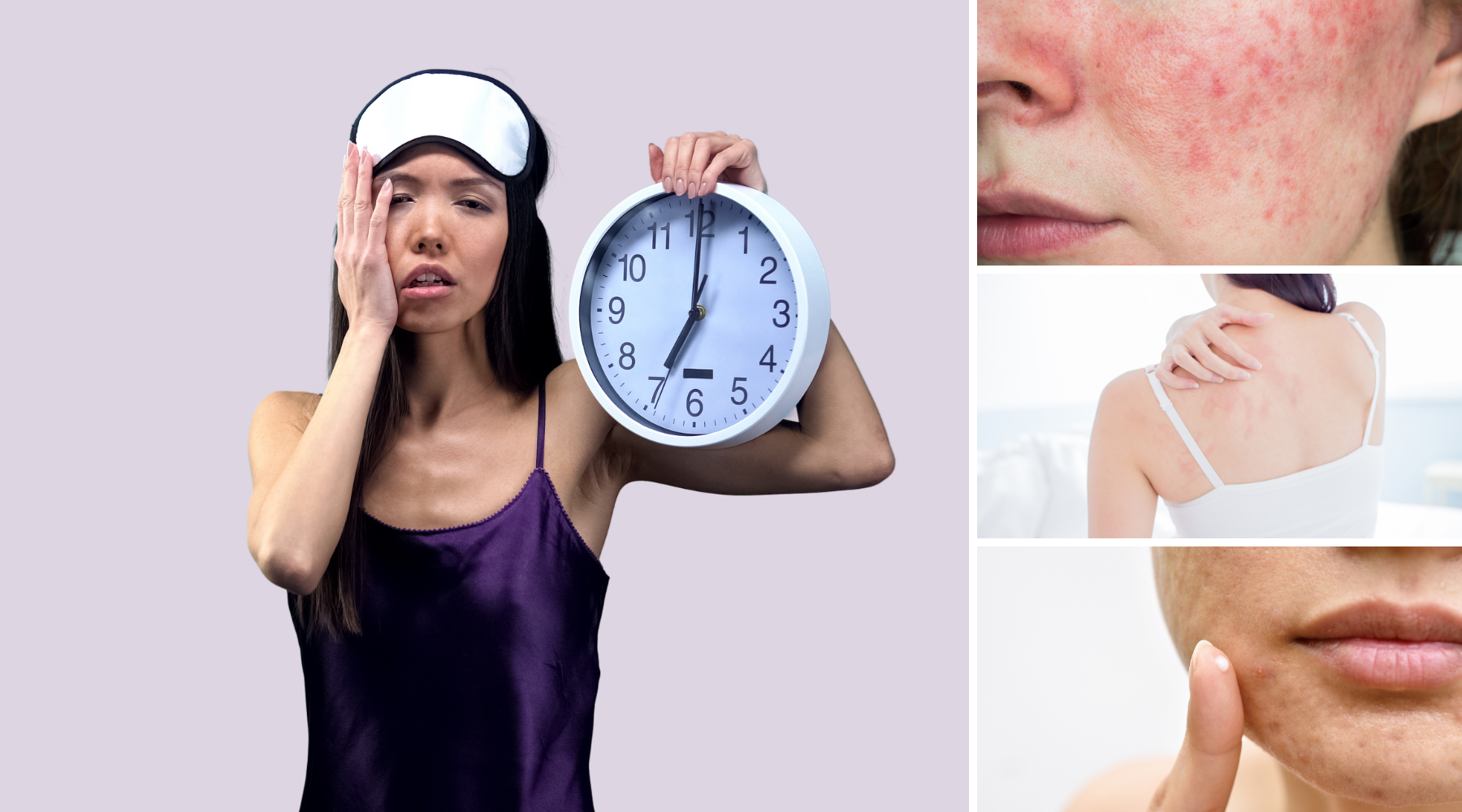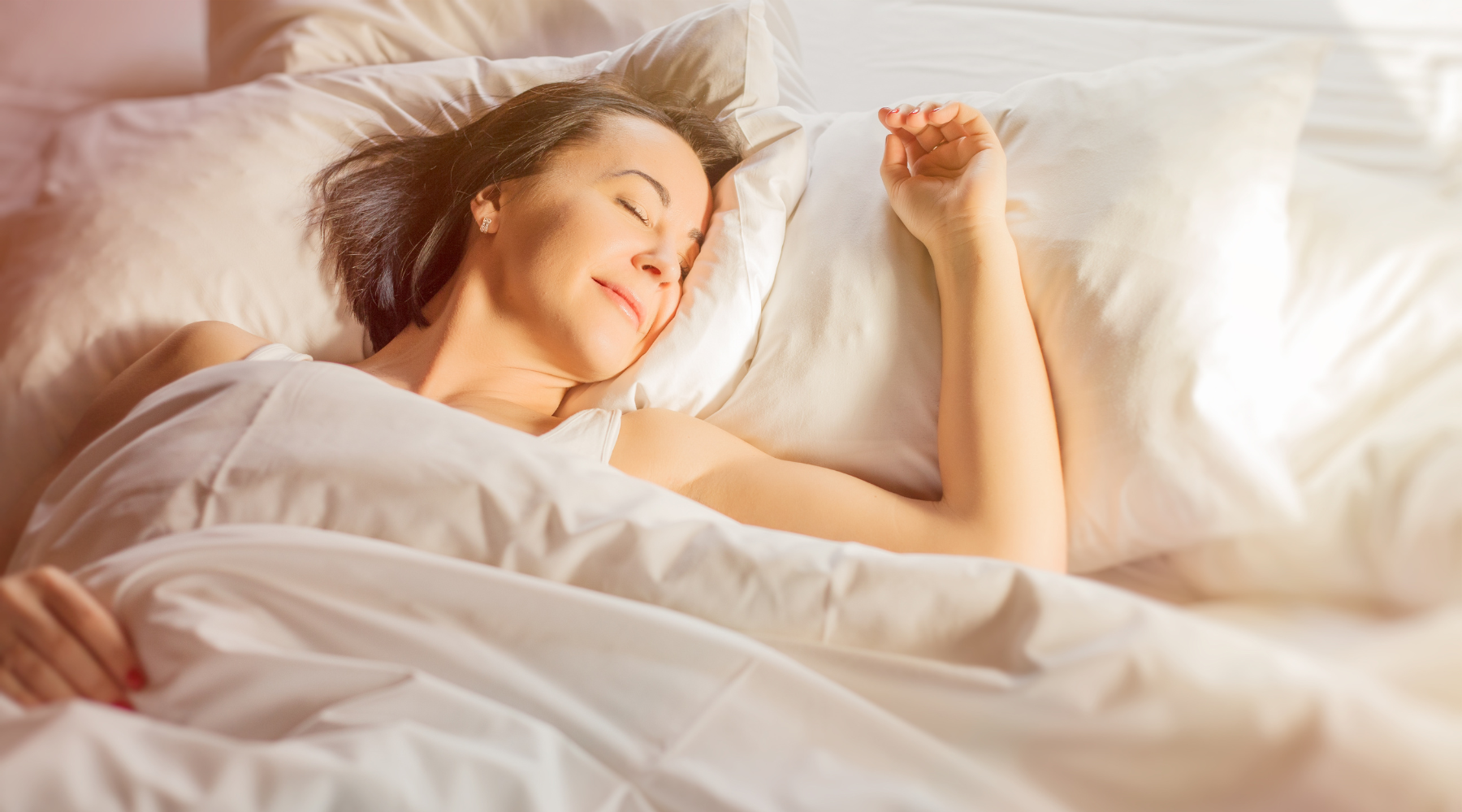The Surprising Connection Between Sleep and Common Skin Conditions
Regarding skin health, most people focus on topical treatments, cleansers, and serums. However, what many don't realize is that the quality and duration of their sleep can have a significant impact on the health of their skin. Sleep affects our hormones, and hormone imbalances can lead to skin problems such as acne, puffiness around the eyes, and premature aging. In this blog post, we'll explore the fascinating connection between sleep and skin health and provide tips on how to get the best possible rest.
The connection between sleep, hormones, and skin
Did you know that your skin undergoes a natural process of repair and regeneration while you sleep? Getting enough restful and uninterrupted sleep is crucial for maintaining healthy skin. When we don't get enough sleep, our body produces more cortisol, which in turn leads to inflammation that contributes to skin problems like acne and eczema. The lack of sleep also causes lower levels of growth hormones, which play a critical role in repairing and regenerating skin cells. This can lead to visible signs of aging, such as fine lines, wrinkles, dark circles, and puffy under-eyes
Dark circles and puffy under-eyes are caused by a build-up of fluids under the eyes due to poor circulation. Lack of sleep can exacerbate this problem, causing the fluids to accumulate and the skin around the eyes to become swollen and discolored. In addition to poor collagen production and slow cell renewal, sleep-deprived individuals may also notice that their under-eyes are dull, dehydrated, and less elastic.
Aim for 7-9 hours of sleep each night to help keep your hormones in check and promote healthy skin.
The impact of sleep position on skin health
The impact of sleep position on skin health cannot be understated. Many of us may not realize that the way we sleep can influence the appearance of our skin as we age. Research shows that sleeping on your stomach or side can lead to wrinkles as your face is pressed into the pillow for extended periods. Sleeping on your back, on the other hand, can significantly reduce the likelihood of wrinkles and puffiness around the eye area.
Sleeping in an elevated position can also have a positive impact on the appearance of your skin. Elevating your head slightly not only helps to prevent the pooling of fluid under your eyes, but can also improve blood circulation, which promotes healthy, glowing skin.
It's crucial to note that the skin benefits of sleep position only occur if you maintain a consistent sleep position. Fluctuating between positions at night can lead to inconsistent pressure on the skin, which can result in premature aging, including fine lines and wrinkles.
Tips for better sleep hygiene
Sleep is one of the most crucial aspects of maintaining a healthy lifestyle. Good sleep hygiene can help you feel refreshed and energized in the morning. Incorporating small changes into your bedtime routine can help you achieve better sleep. Here are some tips for better sleep hygiene:
Establish a Consistent Bedtime Routine:
A consistent bedtime routine can help signal your brain that it's time for sleep. Try to go to bed and wake up at the same time each day. Your body will thank you!
Avoid Stimulating Activities or Electronics Before Bed:
Watching TV, browsing social media, reading, and playing video games can keep your mind racing and interfere with sleep. Give yourself at least an hour before bed to wind down without electronics.
Keep Your Bedroom Dark, Cool, and Quiet:
Ensure your bedroom is dark, cool, and quiet to maximize sleep quality. Consider purchasing blackout curtains, a white noise machine, or earplugs to create a peaceful sleeping environment.
Limit Caffeine and Alcohol Consumption:
Caffeine and alcohol can disrupt your sleep quality. It's best to avoid them altogether before bedtime. If you can't resist, try to limit your intake to earlier in the day.
Journaling and/or meditation to clear your mind:
As an entrepreneur, it's common to have a million ideas and thoughts running wild. It can be challenging to wind down and prepare for sleep when your mind is racing at night. A simple solution that's gaining popularity is journaling and meditation. Both practices can help clear your mind of clutter and move toward a more peaceful and restful sleep.
Journaling is a powerful tool to help you analyze your thoughts and emotions. Writing down your worries, ideas, and everything can help you process and make sense of them.
Journaling also provides an outlet for you to express yourself creatively. Many entrepreneurs find that journaling helps them problem-solve and brainstorm more effectively.
Meditation, on the other hand, is a well-known relaxation method that's been around for centuries. Meditation helps you slow down your thoughts and focus on the present moment, which can alleviate stress and anxiety. Entrepreneurs who meditate often report improvements in their mental clarity, emotional stability, and overall well-being.
There are many ways to incorporate journaling and meditation into your daily routine. You can start by taking a few minutes before bedtime to write in your journal or meditate. You can also try journaling in the morning to set your intentions for the day or try meditating during breaks to reduce stress. The key is to find a method that works for you and stick to it.
If you're new to these practices, here is a free evening routine worksheet to help you.
Diet affects sleep quality
Poor diet can significantly affect the quality of your sleep, and as mentioned earlier, inadequate sleep can cause skin problems. But did you know that there are specific types of food that can make it harder for you to fall asleep and stay asleep? Foods high in sugar and caffeine, for instance, can trigger your brain and disrupt your sleep pattern. In contrast, certain foods rich in tryptophan, magnesium, and melatonin can help promote a better night's sleep.
Tryptophan is an amino acid in foods such as turkey, fish, and eggs. It helps produce serotonin, a neurotransmitter that calms mood and promotes sleep. Magnesium, on the other hand, is a mineral that regulates muscle and nerve function, which can promote relaxation and help you fall asleep. Foods rich in magnesium include spinach, almonds, and dark chocolate. Melatonin is a hormone your body naturally produces to regulate your sleep-wake cycle. Foods such as tart cherries, walnuts, and tomatoes contain melatonin and can help promote a healthy sleep routine.
If you're struggling with sleep issues, it's worth evaluating your diet and incorporating more sleep-promoting foods into your meals. Diet and sleep quality are directly linked, so healthy meals can positively affect your overall well-being.
Visit our recent blog post, From Plate to Skin: The Role of Nutrition in the Appearance of Your Skin, where we discuss the powerful connection between your diet and skin health and provide sources for the recommended vitamins and minerals. Additionally, you’ll learn how eating the right foods can combat signs of aging, manage common skin conditions like acne, eczema, and rosacea, and promote overall skin radiance.
It is imperative to recognize the profound connection between sleep, diet, and skin health. Striving for a consistent sleep position and adopting healthy sleep hygiene practices, such as a regular bedtime routine and limiting electronic use before sleep, can significantly improve sleep quality, leading to healthier skin. Journaling and meditation before sleep can also be effective in promoting a clear and peaceful mind capable of restful sleep.
Moreover, what one eats influences sleep quality, and incorporating foods high in tryptophan, magnesium, and melatonin into the diet can be beneficial. At the same time, a diet high in sugar and processed foods can have adverse effects on sleep and skin health.
In summary, it is essential to cultivate healthy habits in terms of sleep and diets to achieve better skin health.



